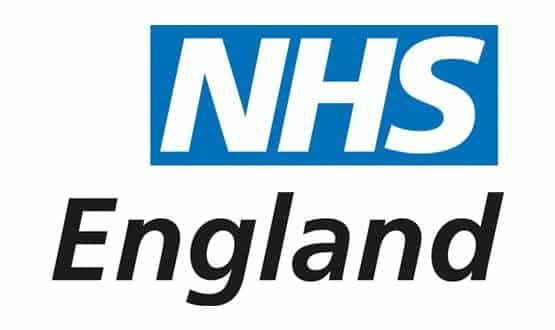NHS England has unveiled the details of the GP projects that will benefit from the £50m Challenge Fund to improve access to primary care.
The commissioning board says that 7m patients will benefit from the 20 pilot schemes, most of which focus on grouping traditional practices into networks that can offer single points of access in the evenings and at weekends.
A number of the projects add single point of contact telephone numbers, apps offering advice on how to contact appropriate services, email and Skype ‘appointments’ and telehealth to the mix.
For example, six GP surgeries in Wakefield will work together to offer an 8am to 8pm service, seven days a week, supported by an “online signposting service to give patients better access to GP and other community services”, email appointment booking, and real-time phone and web chats.
The Wakefield pilot has been awarded £1.4m. The smallest award was £400,000, for a Darlington scheme to provide multi-disciplinary support for frail, older patients ‘closer to home’.
The largest was £5m for a scheme to group 365 surgeries in North West London into 39 networks to extend opening hours and offer named care co-ordinators to patients with complex needs.
Mike Bewick, NHS England’s deputy medical director, said in a statement: “This fund is about helping those people who struggle to find a GP appointment to fit in with family and work life and making the most of new technologies.
“We need to create an environment that enables GPs to play a much stronger role, as part of a more integrated system of out-of-hospital care.”
The challenge fund was announced by Prime Minister David Cameron, and the awards have been decided by a panel including representatives from NHS England, the Department of Health, and patient groups.
The funded schemes will now become part of a 12 month national development and evaluation programme.
Other projects with an IT element include the ‘Easy GP’ service in Bury, which will introduce a smartphone app to enable patients to book appointments and order prescriptions, and the ‘Together as One’ service in Whitby and around, which will use video conferencing to bring specialist consultations to GP surgeries.
A ‘Steps to the Future’ project in Slough will encourage members of the public to sign up for text reminders about routine health checks and other health issues, while a project in Devon and Cornwall will promote new ways of accessing GP services, including Skype consultations.
Skype consultations are also a feature of pilots in Derbyshire and Nottinghamshire and in West Hertfordshire, with the latter building the idea into plans to create ‘virtual wards’ for older people.

